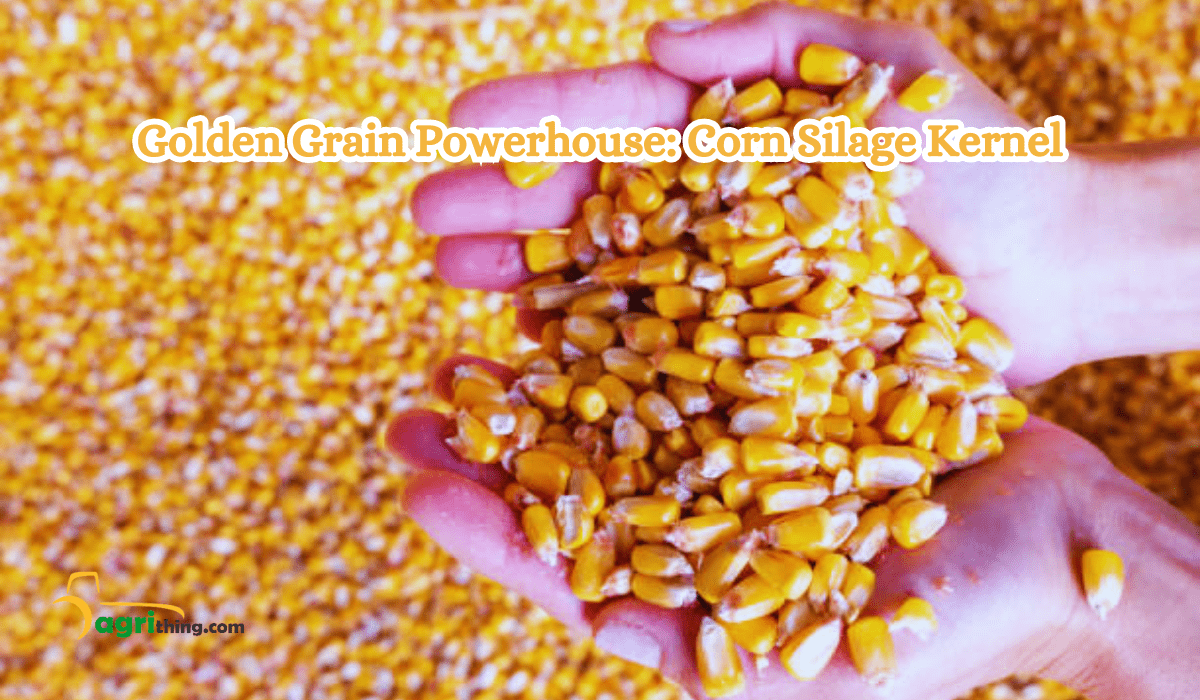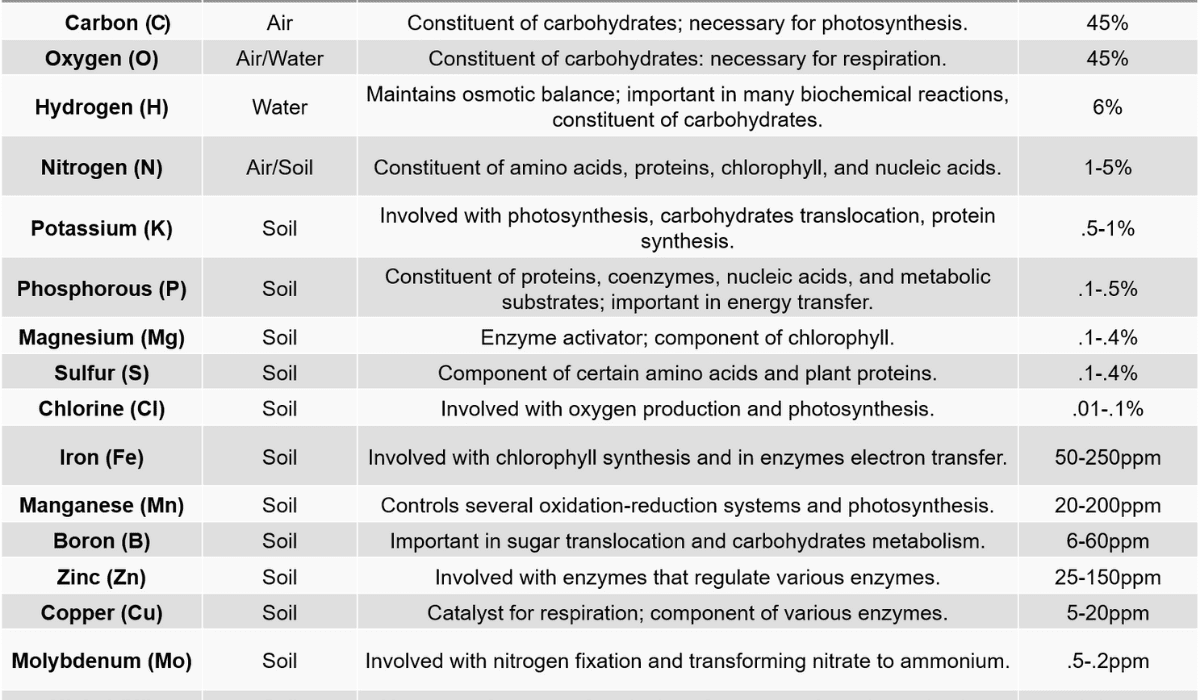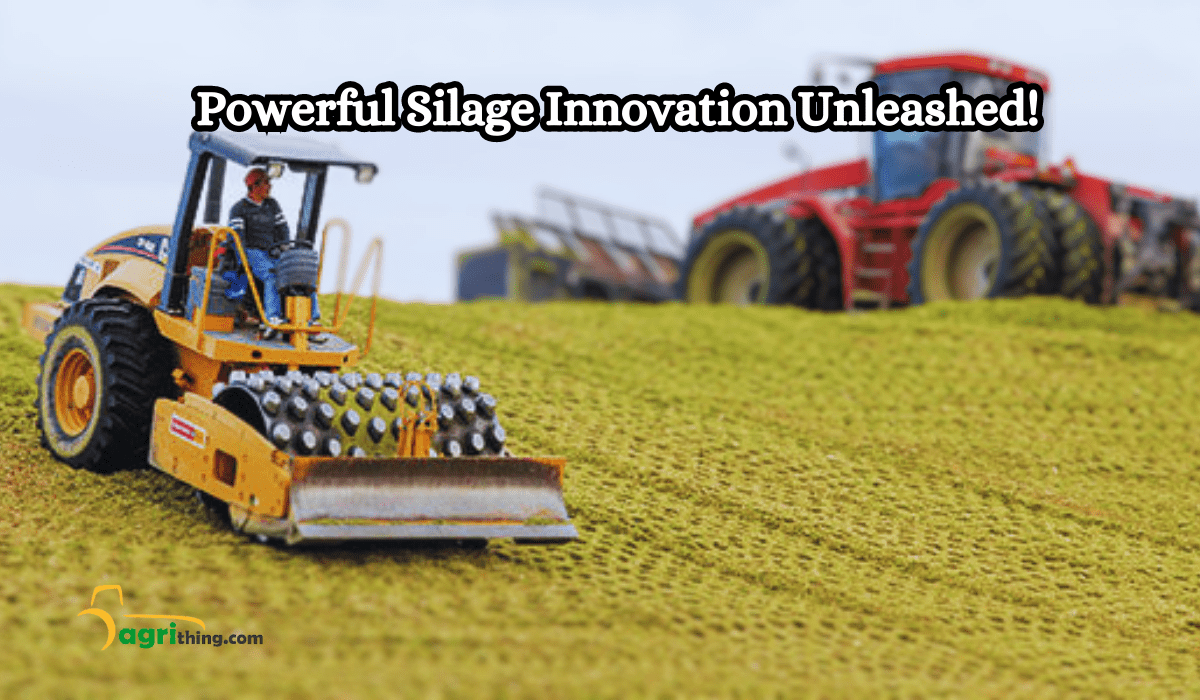Forage Maize: Unleashing Growth and Well-being for Your Animals

Forage Maize is a popular and nutritious food for animals. But there are some wrong ideas about it. In this article, we will debunk the top 5 Forage Maize myths and explain why it’s good for animals to eat.
Table of Contents
Introduction
Silage maize is a type of food made from corn plants. It’s harvested at a specific stage and then fermented to keep its nutrients. Many people believe Forage Maize myths that aren’t true. These myths can make farmers and animal owners miss out on the benefits of this great feed.
Busting Forage Maize myths
Myth 1: Forage Maize is low in nutritional value
Many people wrongly believe that silage maize doesn’t have enough nutrients to help animals grow and be productive. But that’s not true at all. Forage Maize is actually very nutritious. It has a good mix of energy, protein, and fibre. It also has important minerals, vitamins, and carbohydrates that help animals stay healthy and perform well.
Myth 2: Forage Maize is only suitable for cows
There’s a common myth that Maize Forage is only for cows and not suitable for other types of animals. But that’s not true. Corn fodder can actually be a good food choice for many animals, like goats, sheep, and even horses. The nutrients in silage maize make it a flexible option that can meet the dietary needs of different species.
Myth 3: Forage Maize causes digestive issues in animals
Many people think that feeding animals Maize Forage can give them digestive problems like acidosis or bloat. When corn fodder is harvested and managed properly, it can be given to animals without any digestive issues. Following the right techniques, like checking moisture levels and using good inoculants, helps make sure the fermentation process produces high-quality silage that animals can digest well.
Myth 4: Forage Maize is difficult to store and manage
Storing and managing Forage Maize can be seen as difficult, which makes some people think it’s not worth it. It’s true that silage maize needs the right storage places, like silos or bunkers, and it requires careful management. But it’s a manageable process with lots of benefits. By investing in the right storage structures and following recommended management practices, we can keep the corn silage in good quality for a long time.
Myth 5: Forage Maize is expensive and not cost-effective
Some farmers are unsure about using Maize Forage because they think it’s expensive and not worth the cost. But that’s not true when you consider its nutritional value and benefits. Silage maize can actually be a cost-effective choice. It reduces the need to buy other feeds, helps animals perform better, and contributes to the overall profitability of the farm.
Benefits of using Forage Maize
Now that we’ve cleared up the misconceptions about Forage Maize. Let’s explore its many advantages:
- High nutritional value: Forage Maize contains a good balance of energy, protein, and fiber, meeting the dietary needs of different types of animals.
- Improved digestion: The fermentation process makes Forage Maize easier for animals to digest and use effectively.
- Efficient feed utilization: Maize Forage helps animals convert more of their food nutrients into productive outputs, improving overall feed efficiency.
- Flexible feeding options: You can use silage maize as the main food source or mix it with other ingredients to create a varied diet for animals.
- Sustainable farming: By using maize forage, farmers can reduce their dependence on external feed sources, promoting sustainable farming practices.
| Pros | Cons |
|---|---|
| Provides accurate information | May require time and effort to dispel myths |
| Enables informed decision-making | Some people may resist accepting new information |
| Promotes better animal performance | May face initial skepticism or resistance |
| Supports sustainable farming practices | Can be challenging to change established beliefs |
| Enhances livestock feed choices | Requires effective communication and education |
| Improves nutritional value | Misinformation may still persist in some cases |
| Increases digestibility | The debunking process may need ongoing efforts |
| Cost-effective feed option | Potential for misunderstandings or misinterpretations |
Debunking Myths About the Nutritional Value and Use of Maize Forage
Myth debunked: Maize Forage is high in nutritional value
Contrary to the myth, corn fodder is a highly nutritious feed option. Its balanced composition of energy, protein, fiber, and essential nutrients makes it an excellent choice for livestock.
Myth debunked: Maize Forage is suitable for various livestock
Corn fodder is not limited to cows; it can be successfully used in the diets of different livestock species, including goats, sheep, and horses.
Myth debunked: Maize Forage is easily digestible
When properly ensiled, corn fodder undergoes fermentation that enhances its digestibility, allowing animals to efficiently utilize the nutrients it contains.
Myth debunked: Maize Forage can be efficiently stored and managed
While Silage maize requires appropriate storage facilities and careful management, it is a manageable process with long-term benefits for farm operations.
Myth debunked: Maize Forage is a cost-effective feed option
Considering its nutritional value and benefits, Silage maize can be a cost-effective choice, reducing the need for purchased feeds and contributing to farm profitability.
Conclusion
Maize Forage is a good food option for farm animals. It has lots of important nutrients, is easy for them to digest, and is also affordable. By clearing up any false beliefs about Maize Forage, farmers and animal owners can decide if it’s a good choice for their animals. This helps the animals stay healthy and helps the farm operate in a sustainable way. By dispelling the corn silage myths surrounding it, we can promote informed decision-making and enhance sustainable agricultural practices.
Frequently Asked Questions
Can corn silage be fed to horses?
Yes, corn fodder can be fed to horses. It provides a good source of energy and fiber and can be included in their diet with appropriate supplementation.
Is corn silage safe for small ruminants like goats?
Certainly! Silage maize can be safely fed to small ruminants like goats, as long as it is properly introduced into their diet and accompanied by other necessary nutrients.
How long can corn silage be stored?
With proper storage conditions, corn fodder can be stored for several months to a year, ensuring a consistent feed supply throughout the year.
What is the recommended feeding rate for corn silage?
The recommended feeding rate of corn silage depends on the specific animal’s nutritional needs and dietary requirements. Consult with a nutritionist or veterinarian to determine the appropriate feeding rate for your livestock.
Can corn silage be used in organic farming?
Yes, corn fodder can be used in organic farming. However, it’s important to ensure that the corn used for silage production complies with organic standards and regulations.
Related Articles
Want to purchase top-quality silage? Visit our Agricomplex website to explore our wide range of silage products.
People Also Asked
What are the common myths about corn silage?
Some people think corn silage is toxic to animals, but that’s not true. They also believe it causes bloat, but that’s not just a problem with corn silage. Additionally, some people think it leads to digestive issues, but when it’s balanced properly, it’s easy for animals to digest.
How does corn silage affect animal nutrition?
Corn silage provides energy, fiber, protein, vitamins, and minerals, which help animals stay healthy and grow.
Can corn silage be harmful to livestock?
If corn silage is harvested and fed correctly, it’s generally safe for animals. However, if it’s not fermented well, it can become contaminated with mycotoxins, which can be harmful. Also, high levels of nitrate in corn silage can be toxic, so protection is important.
Is corn silage suitable for all types of animals?
Suitability for animals: Corn silage is mainly suitable for animals with a ruminant, like cattle and sheep, because of how their digestive systems work.
What are the advantages of using corn silage?
Corn silage has many benefits. It provides a lot of energy, is cost-effective, can be stored for a long time, can be harvested at different times, and makes use of the whole corn plant, which helps animals use their feed efficiently.




Leave your comment